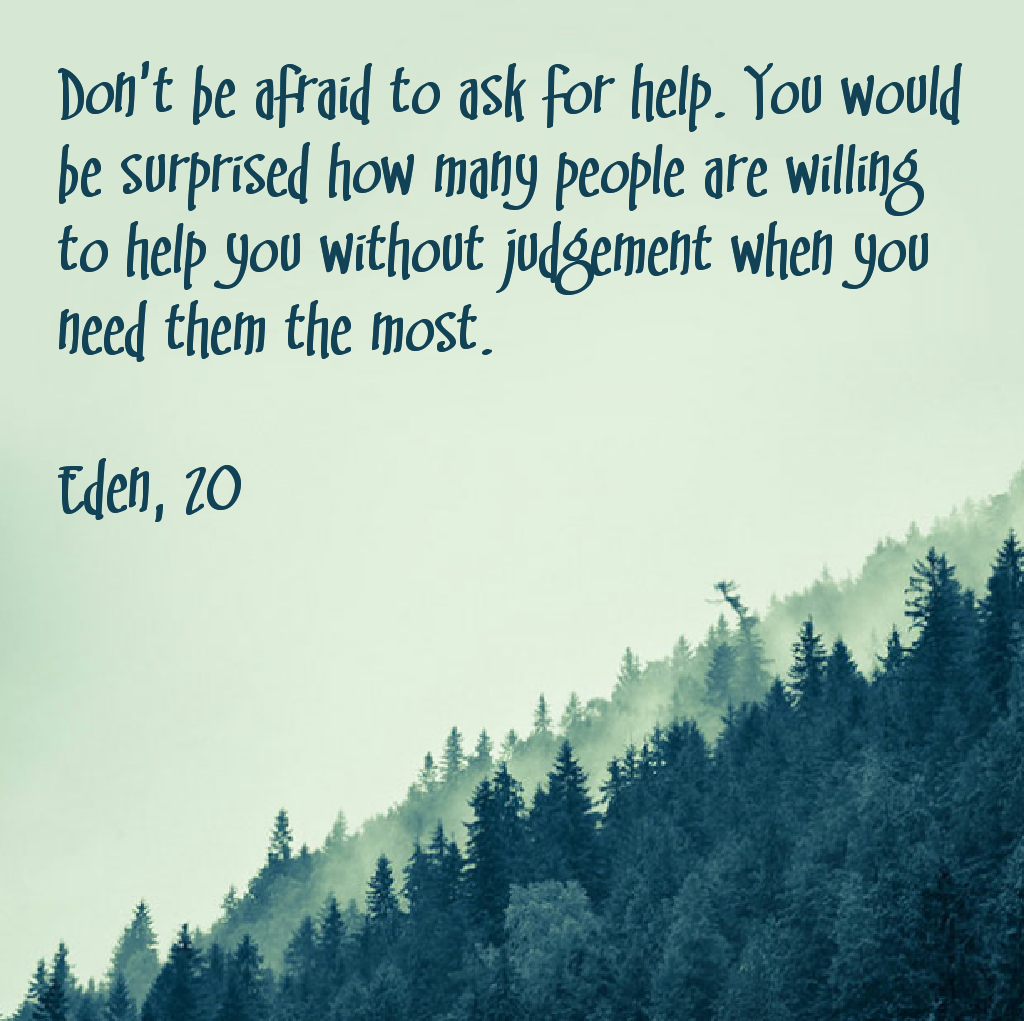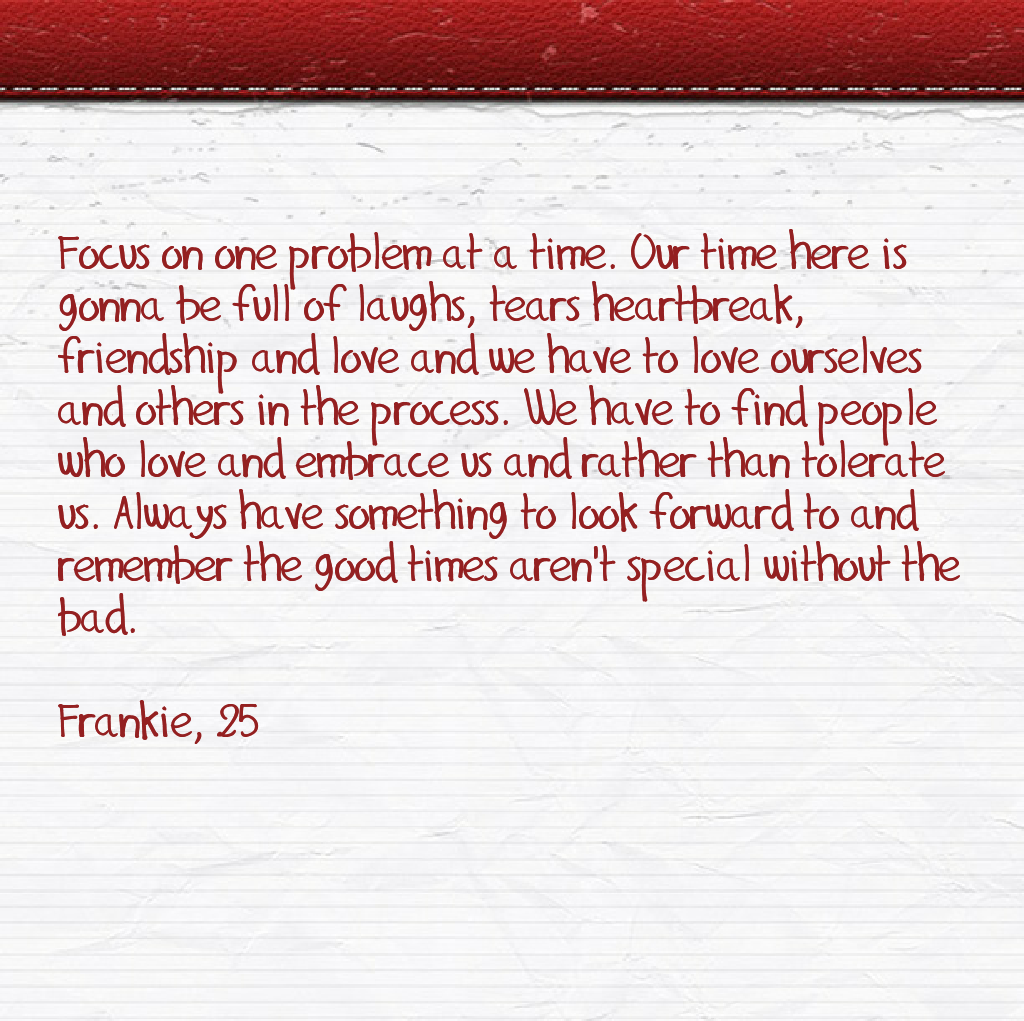Experiences in life can be as dramatic as losing a dream job, not getting your first-choice for college…
Or
As traumatic as a healthcare scare, a near death situation, losing a love one, a family breakup or a relapse…
Or it could be both… the greatest life lessons come when you least expect them.
But
“Breakdowns can create breakthroughs. Things fall apart so things can fall together.” Unknown.
There are those painful experiences that brings us to rethink every decision that we have ever made; doubt ourselves or think about giving up.
Or
In an ironic way, they may encourage us to take some time to relax, reevaluate and keep on moving.
One of the most important lessons that I have learnt in life is to ‘always have a plan B’ or even a plan C if you have to.
It may seem redundant when everything is going in the right direction but life is sadly unpredictable.
Having a plan B implies that we set our goals and expectations not only where we ‘think’ we can reach them but also where we ‘know’ we can actually reach them.
It’s like having an escape plan from a dramatic/traumatic experience… think of it as,
we may never have to face those sleepless nights,
being frustrated,
overeating,
isolating ourselves,
or harming ourselves.
It’s an opportunity to continue from where we left off.
I know that some of us may be in the process of making some very challenging decisions or setting some very important goals for the future… you may want to check out this article:
“Common Life Mistakes Young People Make: ‘There are many path to that mysterious Y… don’t assume that you know what they are” http://www.jamesaltucher.com/2015/06/common-life-mistakes-young-people-make/
Also, feel free to share other advice and thoughts; here are some inspiring thoughts from some young adults who may have had to make tough decisions themselves:








